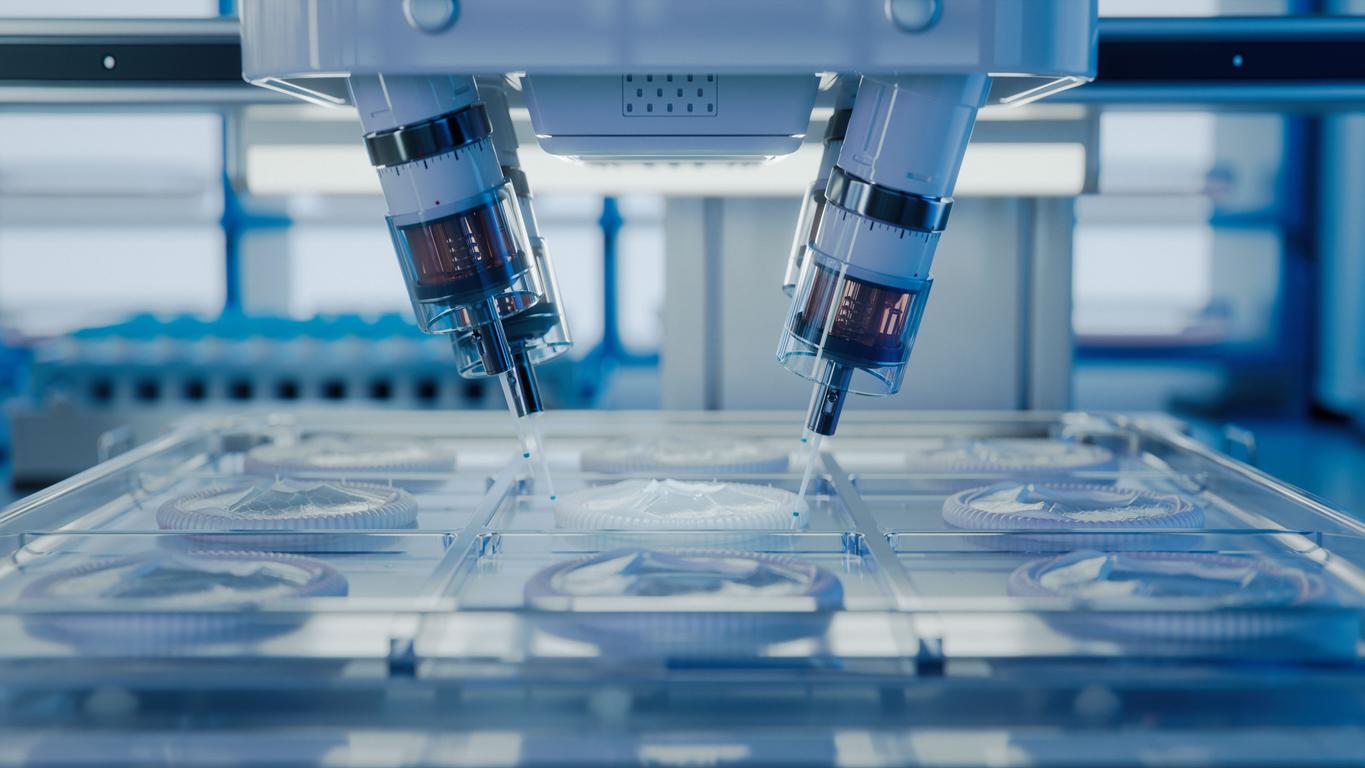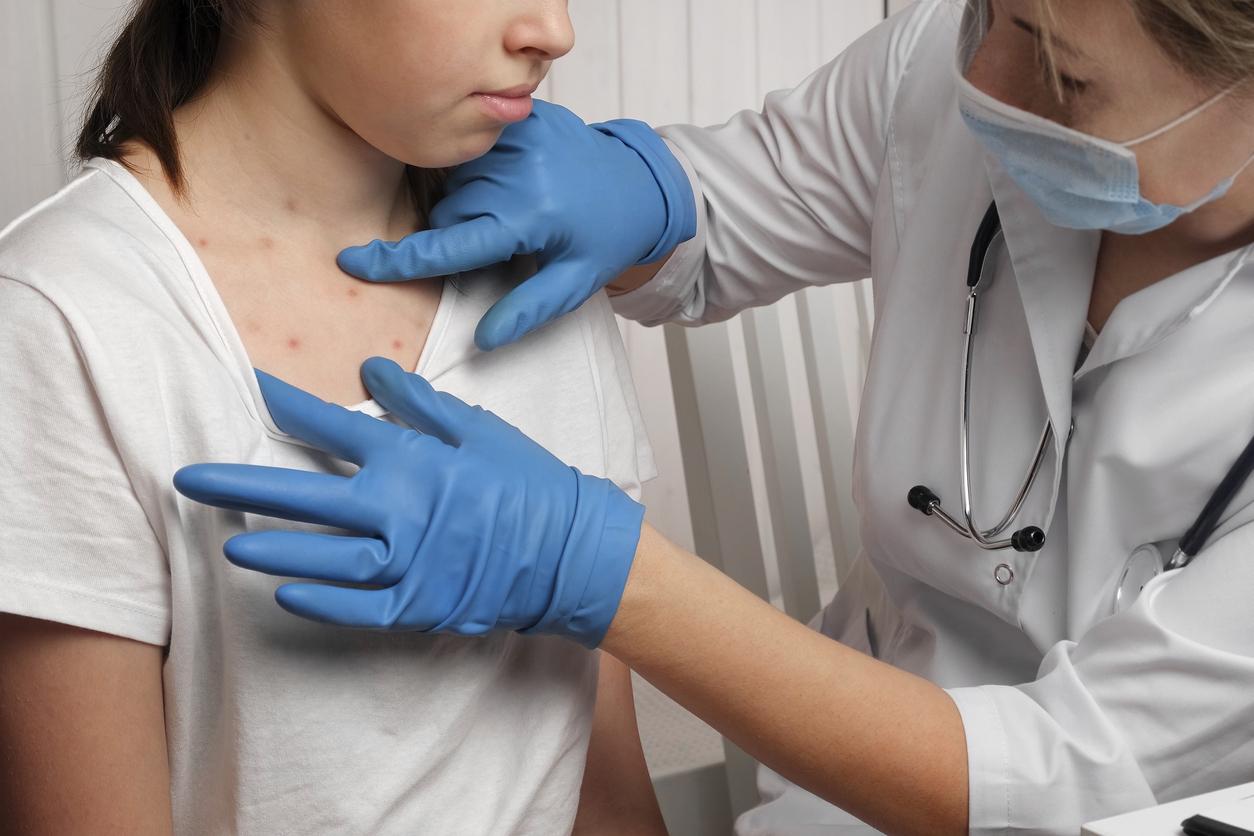A study has identified sports as an effective non-pharmacological treatment for premature ejaculation.

- Researchers looked at existing studies around the treatment of premature ejaculation.
- Sport appears to be an effective means of combating this disorder which affects up to 83% of men.
- Unlike taking medication, it does not cause side effects.
Physical exercise, a potentially effective approach to treat premature ejaculation? Yes, if we are to believe the result of a meta-analysis, which combines the results of a series of studies, conducted by Anglia Ruskin University (ARU) in England and published in Trends in Urology and Men’s Health.
Indeed, according to the researchers, the sport would prove to be as effective as the drugs to fight against this affection, but without the associated side effects.
Premature ejaculation affects most men
Premature ejaculation (PE) is a common sexual dysfunction that affects many men, with estimates ranging from 30% to 83%, the authors recall:It is characterized by the inability to control or delay ejaculation during intercourse, resulting in an unsatisfactory sexual experience for both partners and can cause significant distress and negatively impact self-esteem and relationships. human relationships”.
PE is not universally defined by precise criteria but according to MSD site specialistsit is noted when it “occurs too early, usually before or shortly after penetration“.
Also, although the exact cause of PE is not well understood, it is thought to be a combination of psychological and physiological factors. The most likely causes are anxiety, other psychological factors or a particular sensitivity of the penis.
Running for 30 minutes regularly delays ejaculation
The recently published study therefore analyzed 54 studies from around the world (published over the past 49 years) involving 3,485 participants, to explore the potential of physical exercise as a treatment for premature ejaculation.
And it appears that running for 30 minutes, five times a week, had as much of an effect on latency – that is, the time it takes to ejaculate – as taking dapoxetine. This substance makes it possible to better control the moment of ejaculation and thus to lengthen the delay of ejaculation after penetration but causes undesirable effects, contrary to the practice of sport, encouraged by the researchers.
“Our article is a comprehensive review of studies looking at non-pharmacological interventions for this common problem, and there are clear indications that physical exercise, including running and engagement in physical activities, is a factor. important for premature ejaculation”, confirms the lead author, Lee Smith, professor of public health at Anglia Ruskin University (ARU).
















